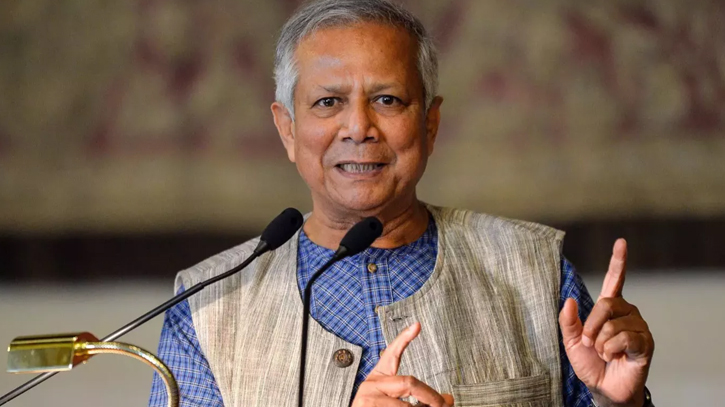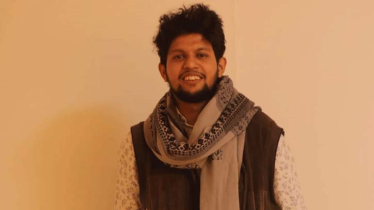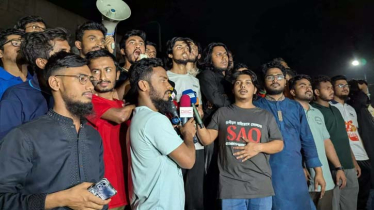
Photo : Collected
Chief Adviser Prof Muhammad Yunus has highlighted the importance of both formal and non-formal education programs to build an illiteracy-free Bangladesh.
"Education is one of the basic human rights. Education is also the main tool of nation building," he said in a message marking the International Literacy Day that falls on September 8.
The main aim of celebrating International Literacy Day is to make the people of the country aware and enthusiastic about education and literacy and transform them into human resources, said the Nobel Laureate.
Prof Yunus said they need to improve the communication skills of children, adolescents and youth by creating opportunities to learn one or more languages in addition to acquiring literacy in their mother tongue.
Multilingual literacy creates strong connections between countries, cultures and languages.
"By improving our communication skills, individual quality of life, national development and peace will be accelerated. The theme of this year's International Literacy Day points towards achieving that," Prof Yunus said.
He said education is the main vehicle of nation building and the first step of education is literacy.
"Hopefully, the concerned government and non-governmental organizations will always strive to implement the adopted programs as well as take effective steps to achieve the target of literacy and ensure quality education for all. That is why I call on all concerned to work together," Prof Yunus said.
He wished all the programs undertaken on the occasion of "International Literacy Day-2024" all success.
"I am glad to know that like other countries of the world, Bangladesh is also celebrating 'International Literacy Day-2024.
Since 1967, the annual celebrations of International Literacy Day (ILD) have taken place on 8 September around the world to remind policy-makers, practitioners, and the public of the critical importance of literacy for creating more literate, just, peaceful, and sustainable society.
Literacy is a fundamental human right for all. It opens the door to the enjoyment of other human rights, greater freedoms, and global citizenship.
Literacy is a foundation for people to acquire broader knowledge, skills, values, attitudes, and behaviours to foster a culture of lasting peace based on respect for equality and non-discrimination, the rule of law, solidarity, justice, diversity, and tolerance and to build harmonious relations with oneself, other people and the planet.
This year, ILD will be celebrated under the theme of "Promoting multilingual education: Literacy for mutual understanding and peace".
There is a pressing need to harness the transformative potential of literacy for promoting mutual understanding, social cohesion, and peace. In today’s world, in which multilingualism is a common practice for many, empowering people by adopting a first language-based, multilingual approach to literacy development and education is particularly effective for its cognitive, pedagogical, and socio-economic benefits. Such an approach can help promote mutual understanding and respect, while solidifying communal identities and collective histories, according to UNESCO.
Messenger/Fameema








